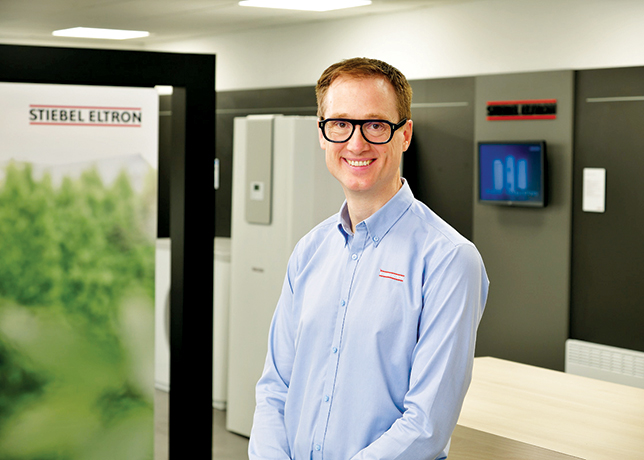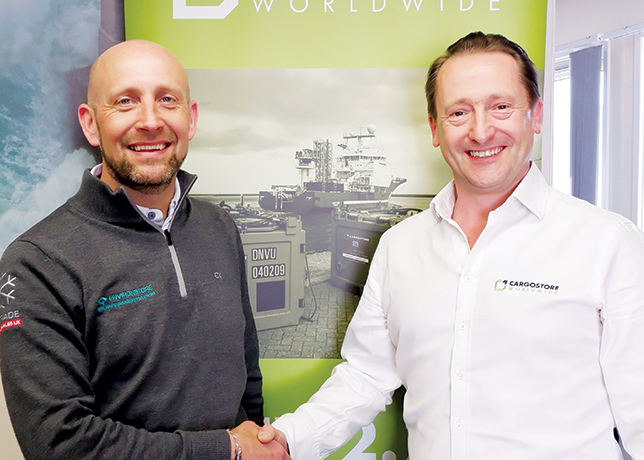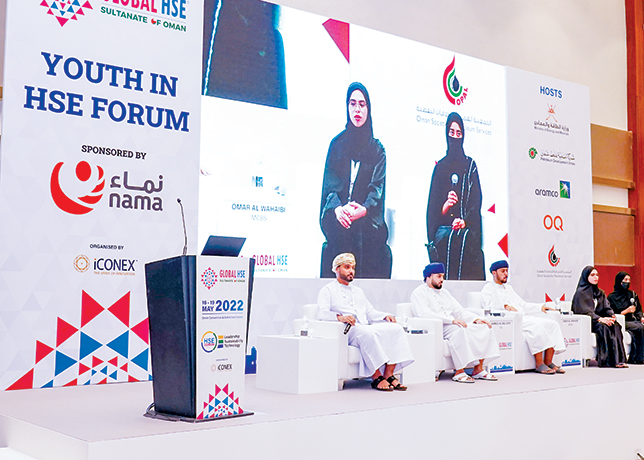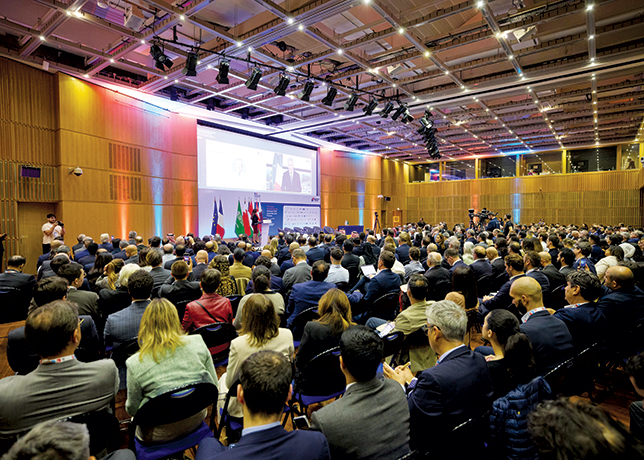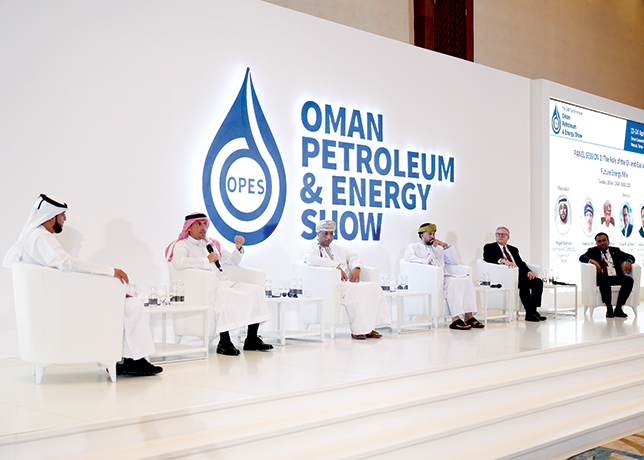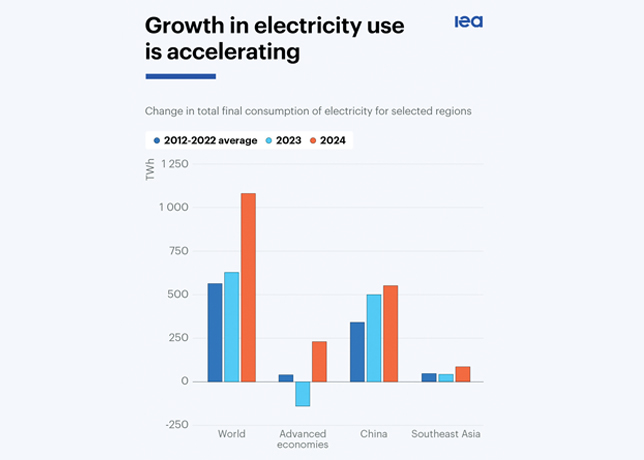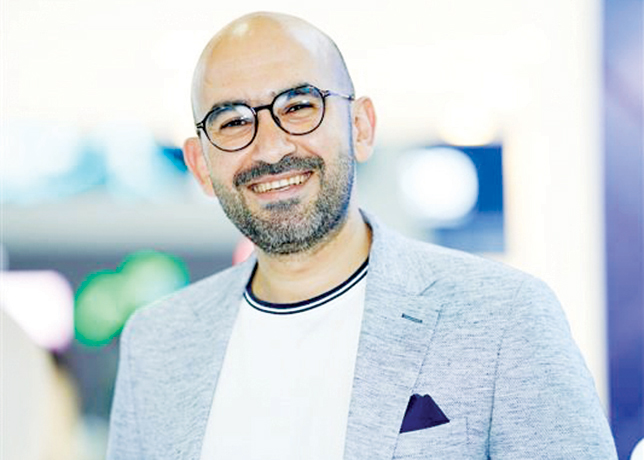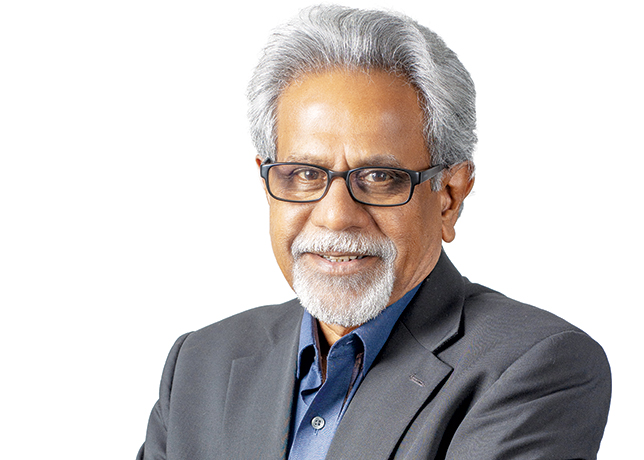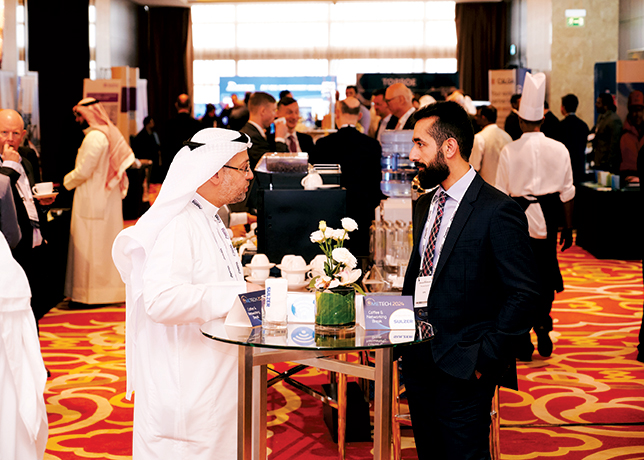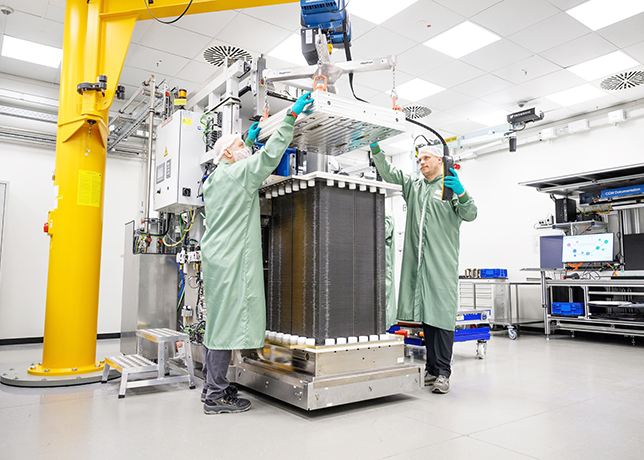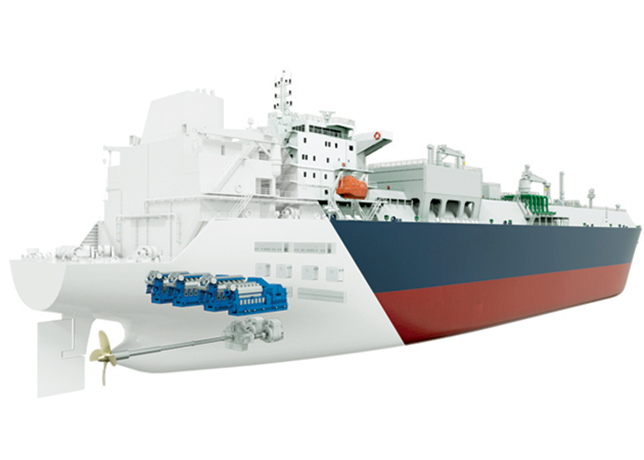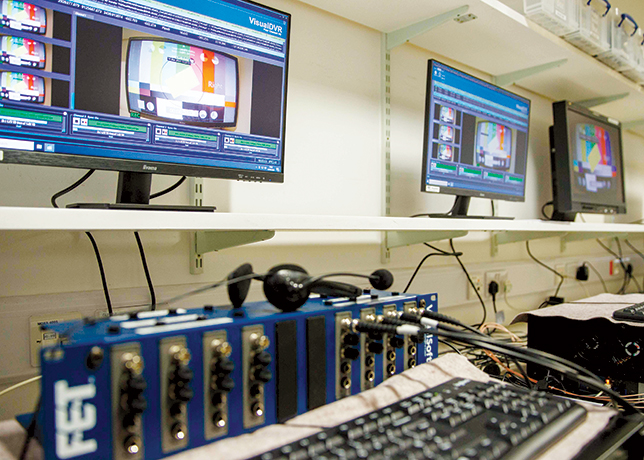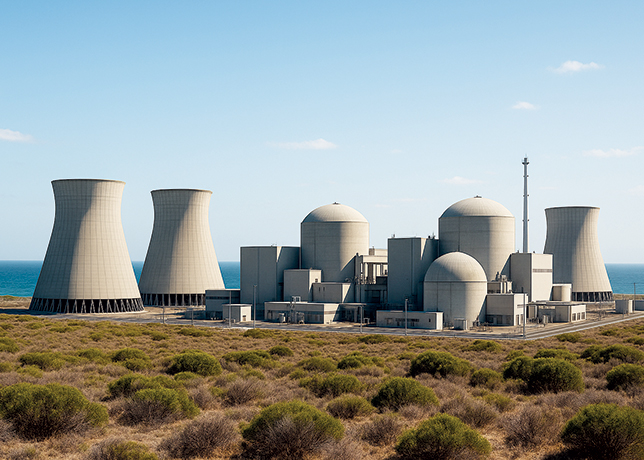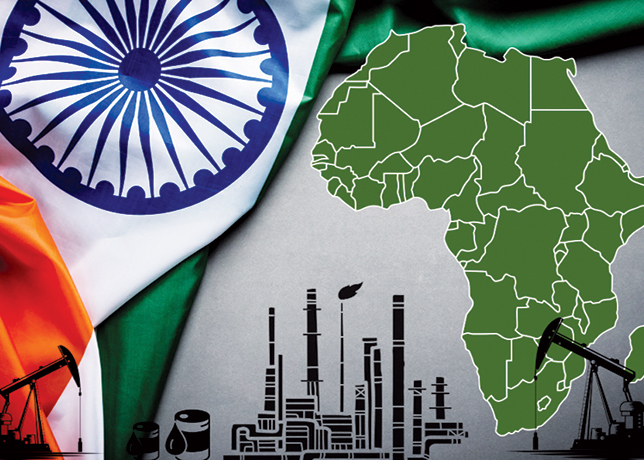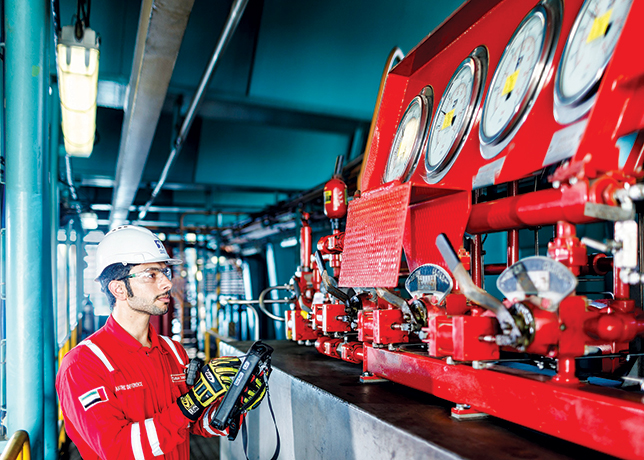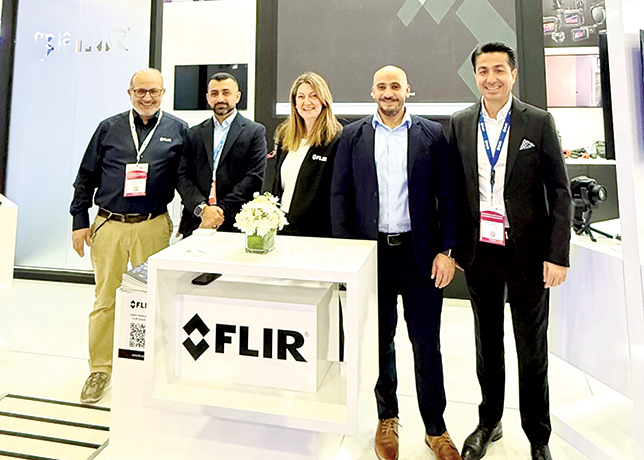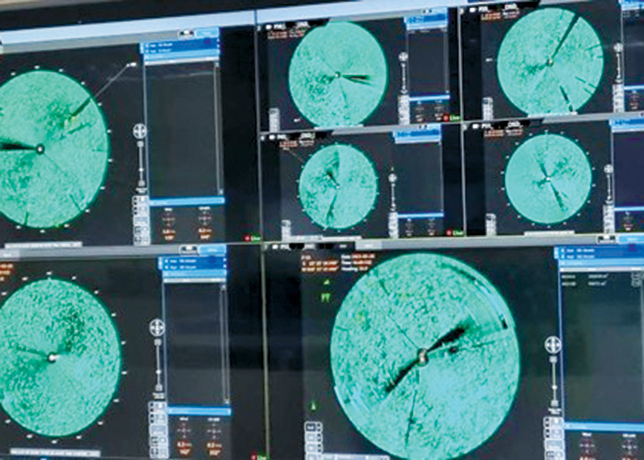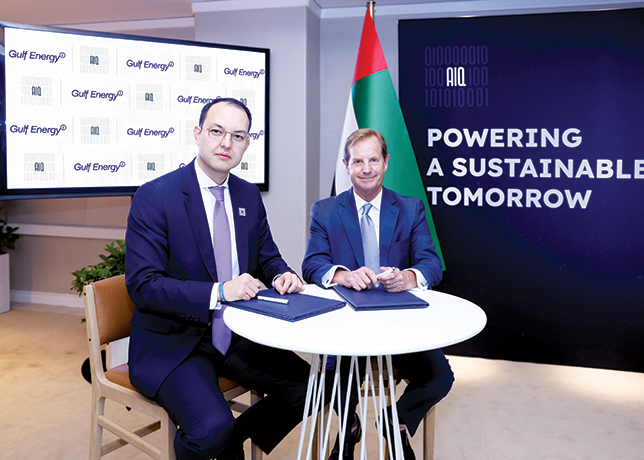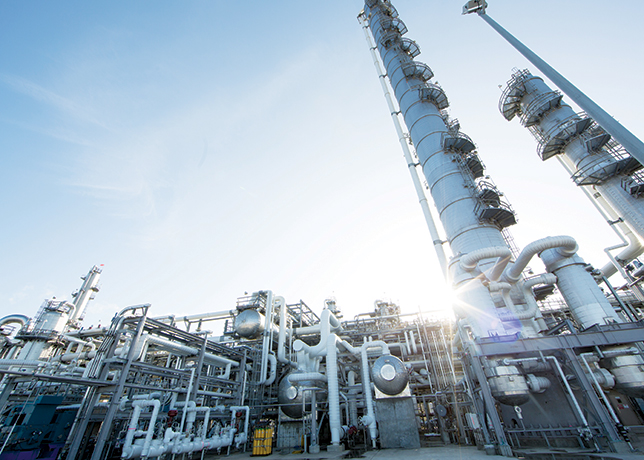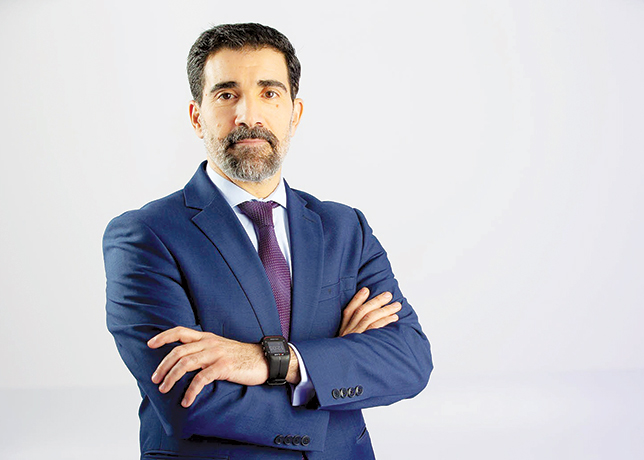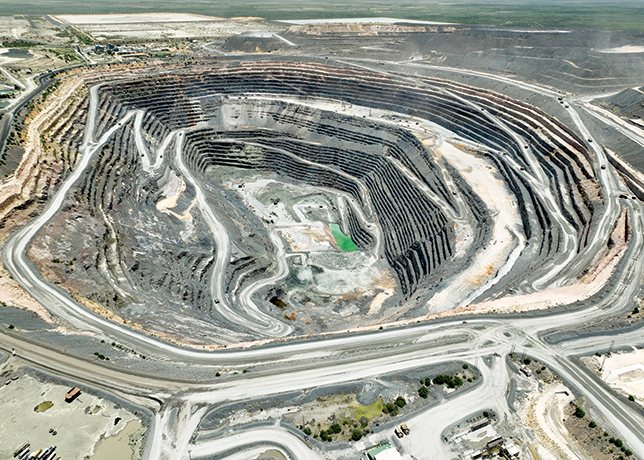
 Sadaf is a joint venture between Shell and Sabic.
Sadaf is a joint venture between Shell and Sabic.
Saudi Arabia's oil and gas sector is, to a large extent, closed to international oil companies (IOCs), but this has not stopped many large multinationals from getting a foot through the door.
The Kingdom's exploration and production activities is largely controlled by state-run Saudi Aramco.
In recent years, however, there has been a tentative attempt to open the doors to foreign oil firms, and negotiations between these firms and the Saudi government were a step in this direction.
These negotiations began more than two years ago when multinationals were invited to invest in the country's vast, unexploited gas reserves in a $25 billion Saudi gas initiative which aimed to enlist IOCs in three large integrated energy projects
But talks with ExxonMobil over Core Venture1 ended when ExxonMobil and its venture partners, Shell and BP, each received letters formally ending the talks.
When the Minister of Petroleum and Mineral Resources, Ali Al-Naimi was confirmed in his post in the cabinet reshuffle at the end of April, he was put in sole charge of the negotiations with the IOCs.
He proceeded to ask the IOCs, led by ExxonMobil and Royal Dutch/Shell, to deliver final and definitive replies to the revised proposals outlined by the Saudi side in September 2002. The failure of discussions has perhaps been second-guessed by some.
With upstream activities largely ruled out, international oil majors have nonetheless set up a number of petrochemicals holdings in the Kingdom, through joint ventures with Saudi firms.
ExxonMobil, for instance, has a number of joint ventures with Saudi Aramco and these include the 370,000 barrels per day (bpd) Samref refinery in Yanbu, Luberefs two lubricating base oils plants in Jeddah and Yanbu and the Petrolube refining and marketing company.
ExxonMobil has also entered into partnership with Saudi Basic Industries (Sabic), operating a joint venture ethylene and polyethylene plant in Kemya as well as polyethylene plants in Yanbu and Jubail.
In the petrochemicals sector, the joint venture Chevron Phillips Chemical Company operates a $650 million aromatics complex in Jubail, producing benzene and cyclohexane.
Chevron Phillips is a 50:50 joint venture between ChevronTexaco and ConocoPhillips.
Furthermore, Chevron Phillips and Saudi Industrial Investment Group have agreed to a $1 billion expansion of the facility, which will expand its product range to include benzene, ethylbenzene, styrene and propylene by 2006.
Royal Dutch/Shell is also a significant player in the country's petrochemicals sector having invested over $7.8 billion in Saudi Arabia.
Assets include the Jubail-based Sadaf, a joint venture between Shell and Sabic, producing six million tonnes per year (tpy) of ethylene and its derivatives.
Teamed up with Saudi Aramco, the two partners operate a 300,000 bpd refinery in Jubail (Sasref), with the bulk of output consumed domestically.



